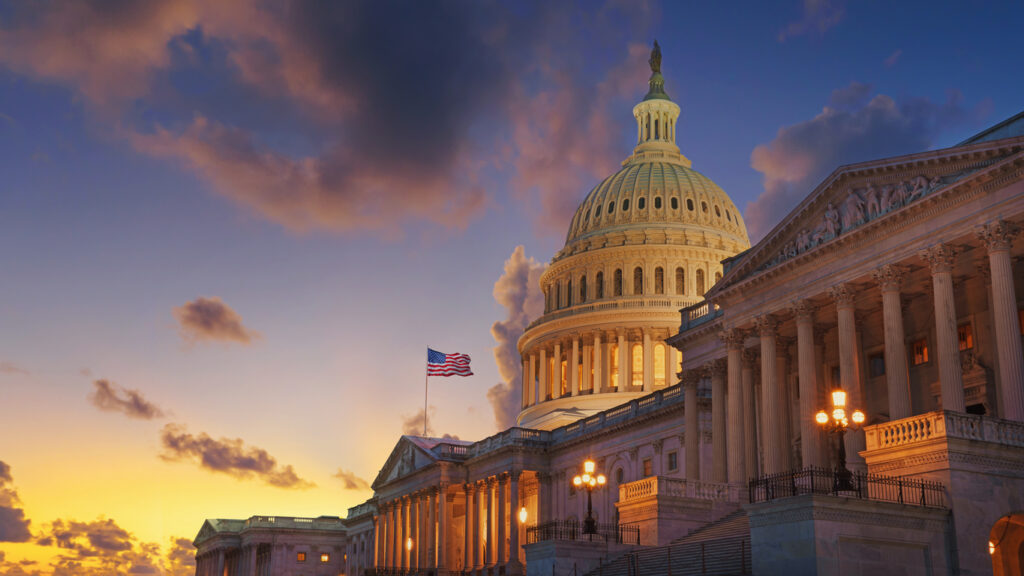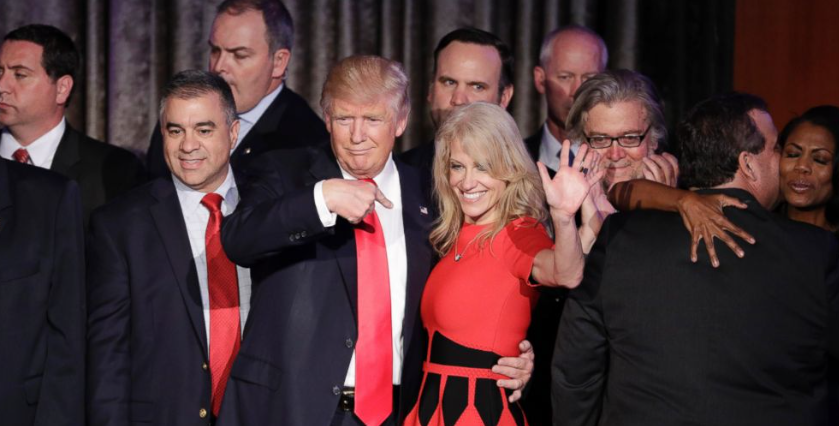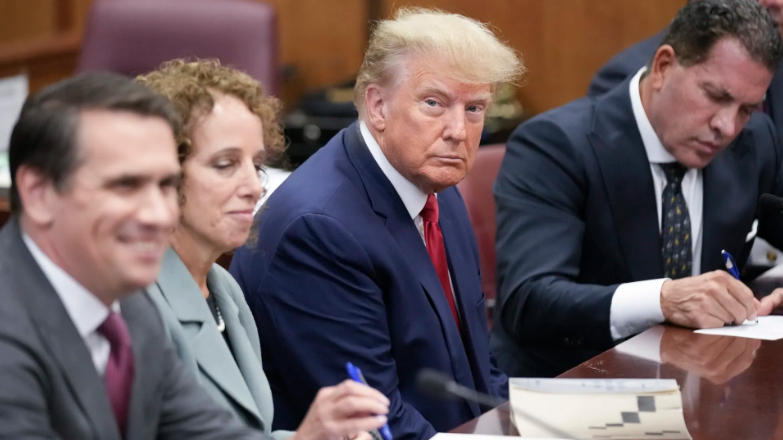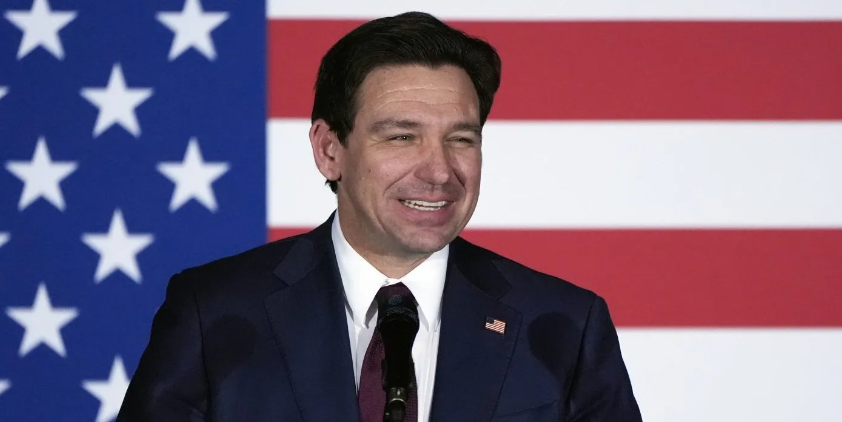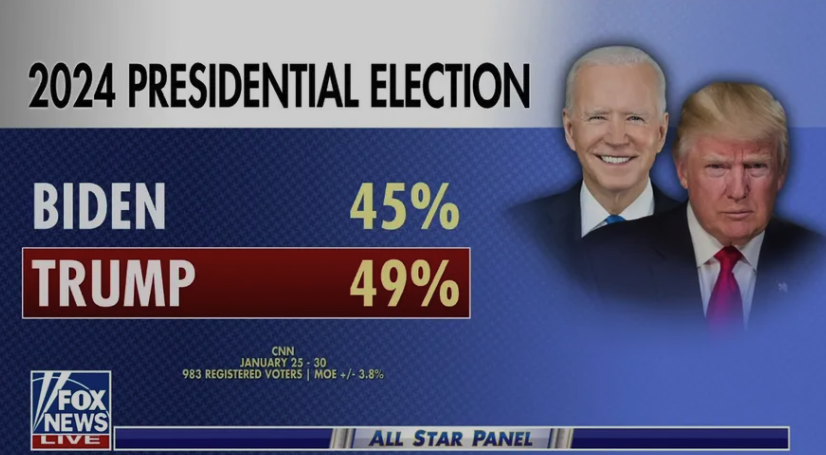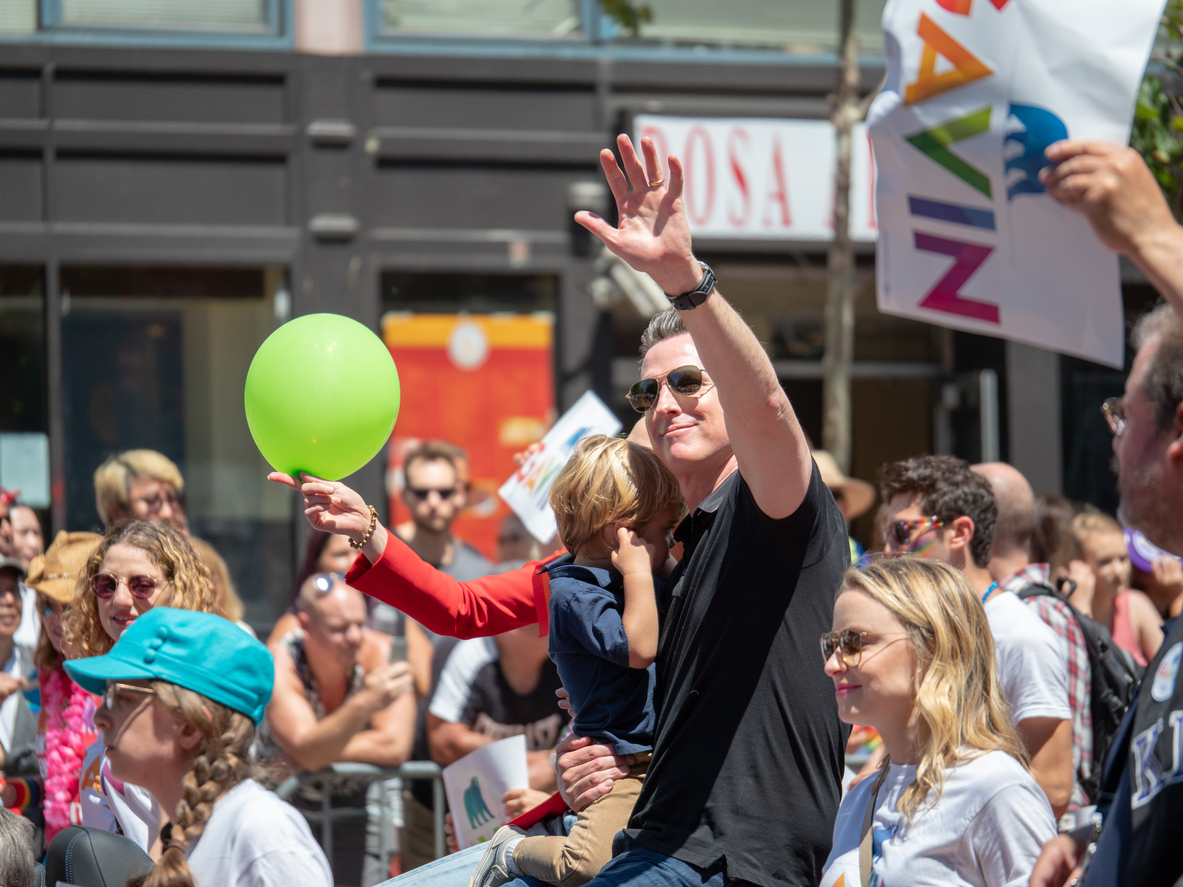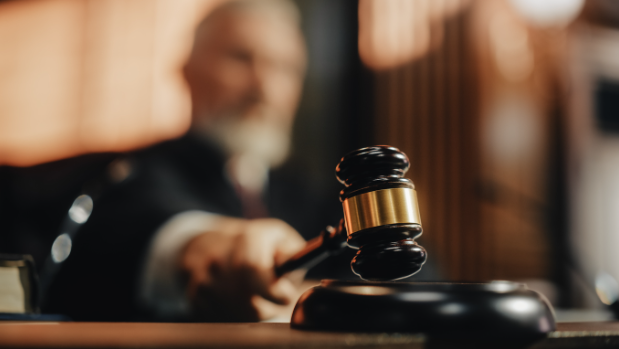There’s a buzz in the air as Virginia approaches a key election day, but not all of it is the usual electoral excitement. Some serious concerns are being voiced by the Democratic Party of Virginia, and they’re about something that should be a given: equal voting rights.
Picture this: You’ve taken the time to fill out your mail-in ballot, you’ve checked all the boxes, and you send it off, confident that your voice will be heard. But then, for some voters, especially those of color, there’s a hiccup. Their ballots are being flagged for possible rejection at a rate much higher than their white neighbors. Doesn’t seem fair, does it?
In the details, it’s about the fine print – your name, address, birth year, and the last four digits of your social security number – all have to be just right on the envelope. Miss one, and you’ve got until November 13th to fix it, or your vote is tossed.
An internal analysis shared by the Democratic Party reveals a startling pattern: Black voters’ ballots are being flagged for rejection at a rate of 4.82%, while white voters’ are at 2.79%. Aaron Mukerjee, leading the party’s voter protection efforts, isn’t mincing words: this is unacceptable.
What’s more alarming is that even after many voters fix their ballots, the disparity doesn’t go away. In Richmond, for example, the potential rejection rate for Black voters remains more than double that of white voters. And it’s not just about the numbers; it’s about the extra burden on voters of color who have to jump through more hoops just to make their vote count.
The reasons behind this disparity aren’t crystal clear, but a chunk of the rejections seem to stem from issues with social security numbers or birth years. And while the overall number of rejected ballots might be small, in races where every vote counts, this could tilt the scales.
Virginia’s made it easier to vote by mail, ditching the witness signature requirement and swapping it for personal details like your birth year and the last four digits of your SSN. But even with these changes, mistakes happen, like incorrect voting instructions being sent out by at least one local registrar.
And there’s a twist: Nearly 3,400 eligible voters were mistakenly removed from the rolls, though they’re being restored. It’s a blip that raises eyebrows and questions.
At the end of the day, what’s unfolding in Virginia is more than just a story about ballots and numbers. It’s about ensuring every voter stands on equal ground, and right now, that ground seems uneven. The state’s gearing up for an election that could reshape its legislative landscape, and all eyes are on whether every voice will truly be heard.
